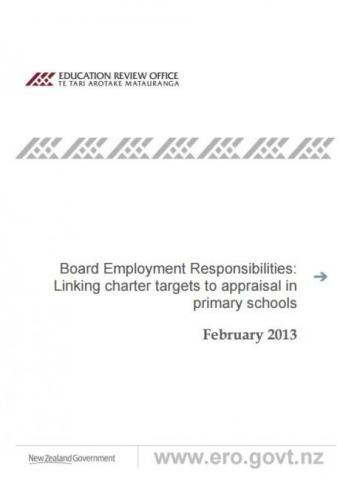Including Students with Special Needs: School Questionnaire Responses
Published: 01 Apr 2012
This report, Including Students with Special Needs: school questionnaire responses presents the findings from a questionnaire completed by schools reviewed in the first two terms of 2011. It is based on schools’ own views of how well they include children with special needs.
- Audience:
- Education
- Māori-medium
- Parents
- Schools
- Content type:
- Research
- Topics:
- Special education
- High needs
- Inclusive practices
- Questionnaire
- Teacher aides
- Special education needs coordinators (SENCO)





